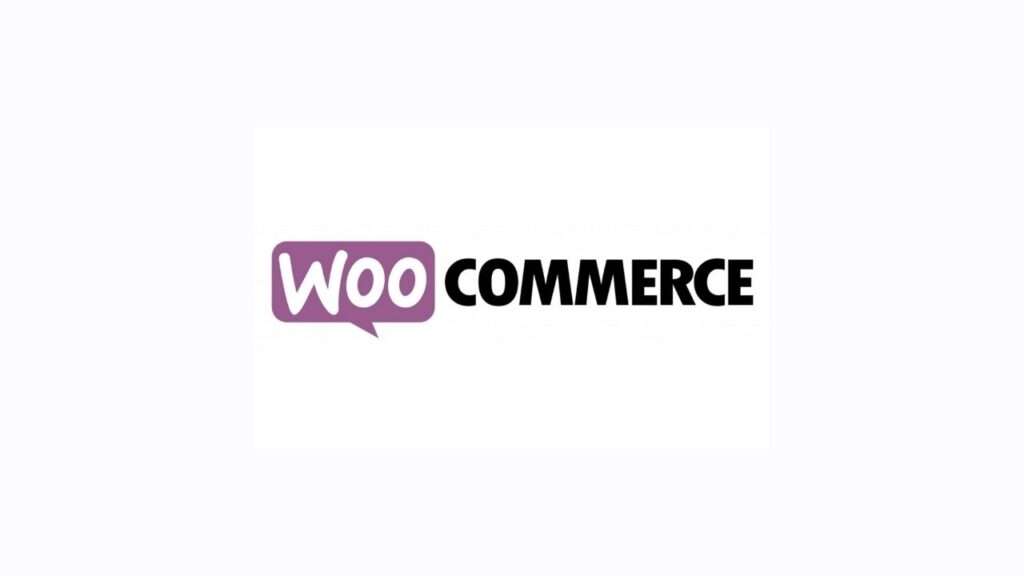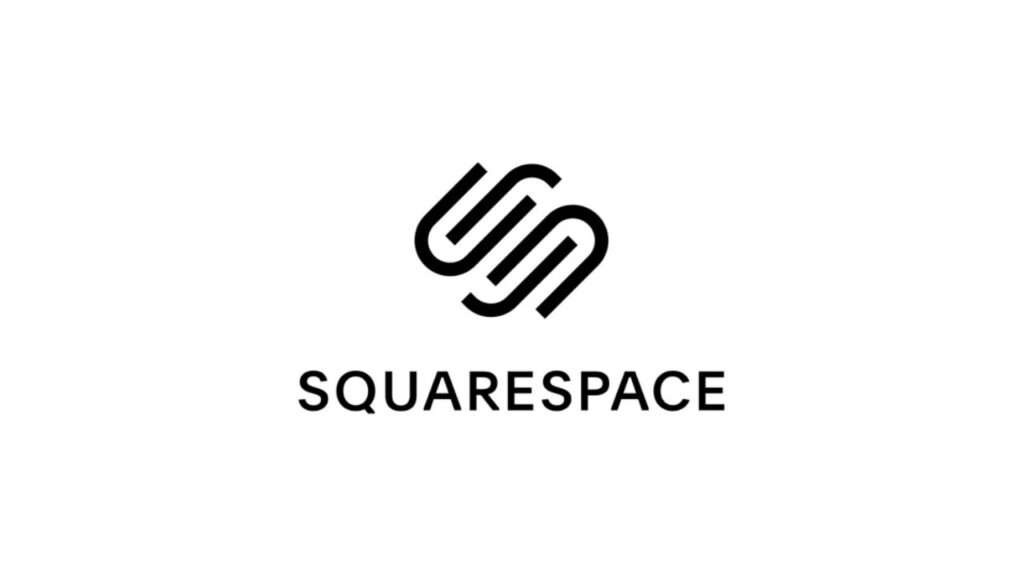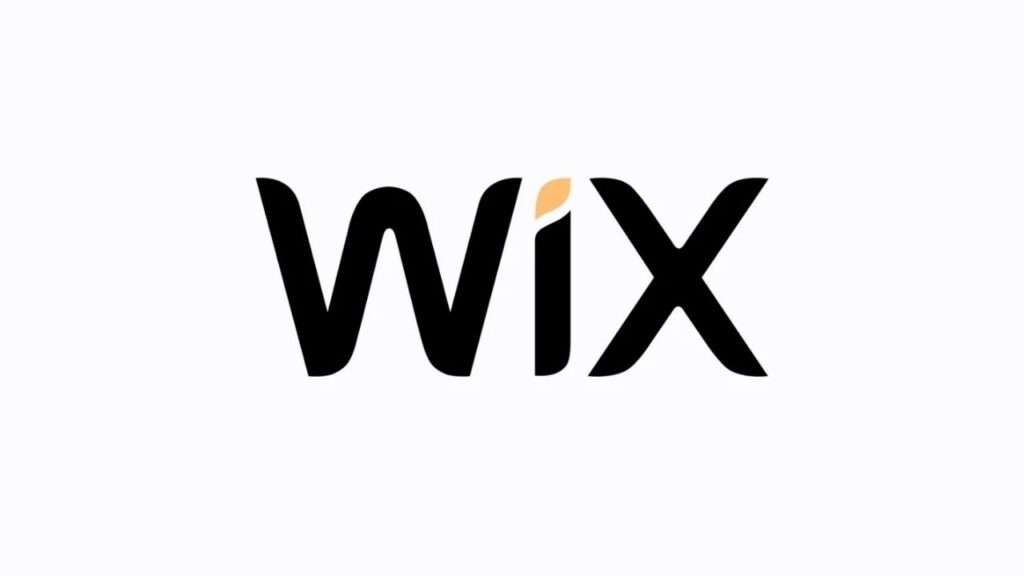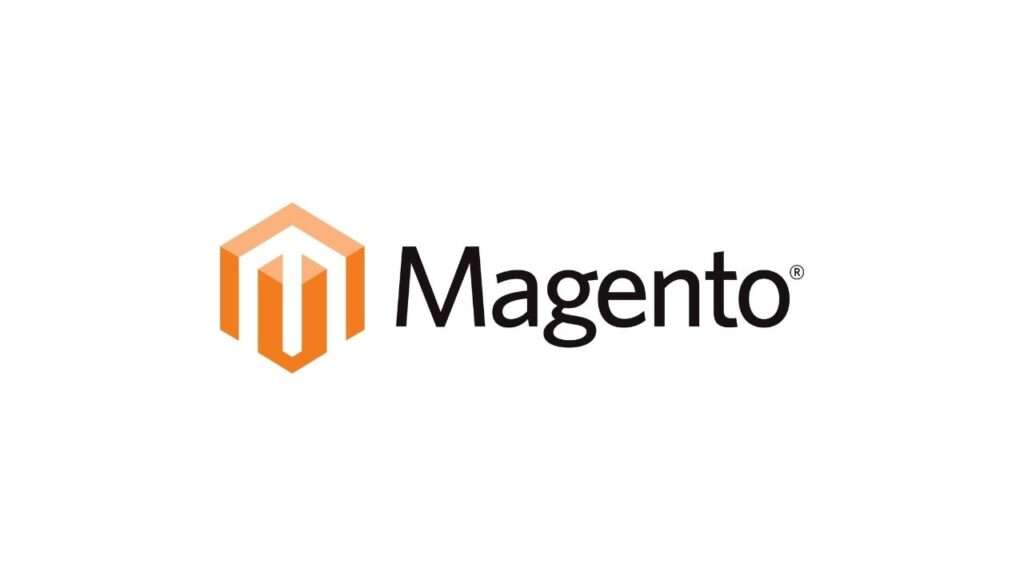
Starting an online store has become a popular and profitable way for entrepreneurs to reach global audiences. With a wide range of e-commerce platforms, selecting the best platform for your online store can be overwhelming. Each platform has unique features, pricing structures, and customization options catering to different businesses. This article explores the best platforms for online stores, considering everything from ease of use and scalability to SEO and marketing capabilities, helping you make an informed choice for your online business.
Why Choosing the Right E-commerce Platform Matters
The e-commerce platform you select can significantly impact your business’s growth, functionality, and user experience. An ideal platform should meet your specific business needs, whether you’re selling digital products, physical goods, or subscription services. The right choice can boost your store’s visibility, simplify the customer journey, and provide essential tools to help you stand out in a competitive market.
Important Factors to Keep In Mind Before Choosing the Perfect Platform for Your Online Store
To make the most informed decision, weigh these factors:
- Ease of Use: User-friendly platforms reduce setup time, allowing you to focus on growth.
- Scalability: Choose a platform that can grow with your business.
- Payment Options: A variety of payment gateways helps attract a wider customer base.
- Customization and Design: Personalization options ensure your store reflects your brand.
- SEO and Marketing Tools: Built-in tools support your store’s online visibility and help attract more customers.
With these criteria in mind, let’s explore some top platforms to find the best fit for your online store.
Shopify: The Leading Choice for E-commerce Startups and Small Businesses

Shopify is one of the most popular e-commerce platforms, known for its ease of use, scalability, and robust features. Designed for everyone from beginners to experienced sellers, Shopify offers a wide range of templates and apps, making it possible to create a fully functional store without any coding knowledge.
Key Features of Shopify
- Ease of Setup: Shopify’s drag-and-drop interface makes it simple to create and customize an online store.
- Comprehensive App Store: Access to thousands of apps allows for easy integration of third-party tools.
- SEO-Friendly: Shopify provides blogging features, meta tags, and SEO-friendly URLs.
- Payment Gateway Integration: More than 100 payment methods, including Shopify Payments, are supported by Shopify.
Pros and Cons of Shopify
Pros:
- Ideal for beginners
- Excellent customer support
- Highly customizable
Cons:
- Monthly subscription costs
- Limited design flexibility on lower plans
For new entrepreneurs, Shopify remains a strong contender as the best platform for an online store due to its wide range of tools and scalability.
WooCommerce: The Best Platform for WordPress Users

For those already familiar with WordPress, WooCommerce is a powerful e-commerce plugin that turns your WordPress website into a fully functional online store. It’s highly customizable and works well for users looking for full control over their online store’s design and functionality.
Key Features of WooCommerce
- Customization: As an open-source platform, WooCommerce allows full customization with various plugins and themes.
- No Monthly Fees: Unlike many platforms, WooCommerce itself is free to use, though premium plugins and hosting can add costs.
- SEO Capabilities: WooCommerce provides powerful SEO features with its integration with WordPress.
Pros and Cons of WooCommerce
Pros:
- Cost-effective for small businesses
- Extensive customization options
- Large community for support
Cons:
- Requires WordPress knowledge
- Reliant on plugins for added features
WooCommerce is ideal for businesses that want flexibility and already operate on WordPress, making it a top choice among WordPress users.
BigCommerce: A Scalable Solution for Growing Businesses

Big Commerce is an e-commerce platform known for its scalability and advanced selling features. BigCommerce offers various built-in tools, reducing reliance on third-party apps. It’s a great fit for businesses that anticipate rapid growth and need an enterprise-level platform.
Key Features of BigCommerce
- Scalability: BigCommerce is built to grow with your business, supporting high-volume stores.
- Multi-Channel Selling: Sell directly on platforms like Facebook, Amazon, and eBay.
- SEO-Friendly: BigCommerce includes built-in SEO tools, customizable URLs, and robust analytics.
Pros and Cons of BigCommerce
Pros:
- Extensive built-in features
- Scalable for large businesses
- Multi-channel selling options
Cons:
- Complex for beginners
- Higher cost for advanced plans
BigCommerce is well-suited for medium to large businesses looking for a platform that can handle significant growth without sacrificing functionality.
Squarespace: The Best Platform for Design-Forward Brands

If aesthetics are a top priority, Squarespace offers a range of visually appealing templates that can help brands create a stunning online presence. Known for its intuitive interface and modern designs, Squarespace is ideal for smaller stores focused on design.
Key Features of Squarespace
- Design-Focused Templates: Squarespace offers elegant templates, perfect for visual brands.
- Integrated Marketing Tools: Built-in email marketing, SEO, and social media integration.
- User-Friendly: Squarespace’s interface is highly intuitive, allowing easy setup.
Pros and Cons of Squarespace
Pros:
- Beautiful, professional templates
- Strong support for creatives
- Integrated marketing tools
Cons:
- Limited scalability for large stores
- Fewer e-commerce features than other platforms
Squarespace is best for small businesses, especially those that prioritize design and branding over extensive e-commerce functionality.
Wix: The Flexible Solution for Small and Medium-Sized Businesses

Wix is an excellent choice for businesses of all sizes because it offers an easy-to-use drag-and-drop website builder with e-commerce features. It offers a range of design templates and customization options to create a professional-looking store.
Key Features of Wix
- Ease of Use: Drag-and-drop editor with intuitive design options.
- Affordable Pricing: Offers lower-cost plans compared to many competitors.
- Built-In Marketing Tools: SEO, email marketing, and social media tools to boost visibility.
Pros and Cons of Wix
Pros:
- Budget-friendly for small businesses
- Flexible design options
- Suitable for beginners
Cons:
- Limited scalability for high-volume stores
- Add-ons needed for advanced features
Wix serves as a practical option for small businesses or entrepreneurs who want an affordable, straightforward platform to establish their online presence.
The Robust Choice for Large Enterprises

Magento, part of Adobe Commerce, is known for its powerful capabilities and scalability, making it a strong choice for larger enterprises or tech-savvy businesses with specific customization needs. As an open-source platform, it allows for a high level of flexibility and control.
Key Features of Magento
- Highly Customizable: Extensive options for those with coding experience.
- Advanced SEO Features: Control over URLs, meta descriptions, and sitemaps for better search rankings.
- Multi-Store Functionality: Multiple stores can be managed from a single backend.
Pros and Cons of Magento
Pros:
- Exceptional customization and scalability
- Perfect for large businesses
- Supports complex product catalogs
Cons:
- Requires technical expertise
- Higher costs for hosting and maintenance
Magento is ideal for large businesses with unique needs, offering the flexibility to create a tailored e-commerce experience.
Summary: Finding the Best Platform for Your Online Store
Each platform discussed has unique strengths suited to different types of businesses. For example:
- Shopify is excellent for beginners looking for a robust and scalable solution.
- WooCommerce is perfect for WordPress users seeking a customizable option.
- BigCommerce suits high-growth businesses needing advanced e-commerce features.
- Squarespace appeals to design-focused brands with smaller stores.
- Wix is an affordable option for small businesses.
- Magento offers power and scalability for enterprise-level businesses.
By understanding your business needs and comparing platform features, you can confidently choose the best platform for your online store. Whichever you select, ensure it aligns with your goals and growth plans.
FAQs
What is the best platform for beginners to start an online store?
- Shopify is often the best choice for beginners due to its user-friendly interface and extensive support.
Can I switch platforms if my business outgrows the initial choice?
- Yes, many platforms offer migration options, although some may require technical support.
Which platform offers the best SEO features?
- WooCommerce and BigCommerce both provide strong SEO tools, but most platforms offer basic SEO functionality.
Are there free options for e-commerce platforms?
- Platforms like WooCommerce are free to use, though you may need to pay for hosting and plugins.
What are the primary differences between Shopify and BigCommerce?
- Shopify is more beginner-friendly, while BigCommerce offers more built-in tools for larger businesses.
Is it possible to sell on multiple channels with these platforms?
- Yes, most platforms, including Shopify, BigCommerce, and Wix, support multi-channel selling.
Conclusion
Choosing the best platform for an online store is a crucial decision that impacts your brand’s reach, customer experience, and growth potential. Start by assessing your business goals, technical expertise, and the features you prioritize. Many of the leading platforms offer free trials, making it easy to explore each option and find the best fit. Begin building your ideal online store today and take a confident step toward e-commerce success!







